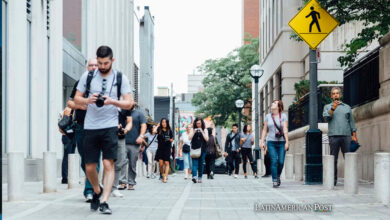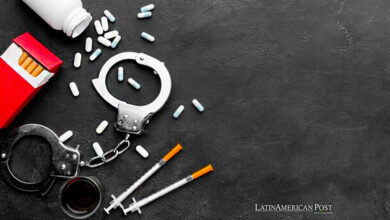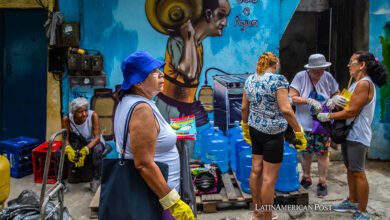Why are so Many African Americans Anti-Vax?
Behind this trend of anti-vaccine, there is a terrible and sad story that involves the African American community in the United States.

The distrust felt by a large population group for the speed with which the vaccine was created is accompanied by a campaign by anti-vaccines as large as the campaigns in charge of promoting vaccination. Photo: Pexels
LatinAmerican Post | Vanesa López Romero
Listen to this article
Leer en español: ¿Por qué tantos afroamericanos son anti vacunas?
The COVID-19 pandemic and the rapid response by the scientific community with its vaccine has generated much to talk about. The distrust felt by a large population group for the speed of the development of the medicine is accompanied by a campaign by anti-vaccines as large as the campaigns in charge of promoting vaccination. Celebrities and politicians of international stature have declared their distrust of doctors and the scientific community promoting a movement of people to avoid doses against COVID-19 at all costs.
Also read: Do not be fooled. The coronavirus vaccine does not cause sterility.
In the United States, extensive vaccination campaigns have left 70% of the population fully vaccinated, which contrasts with the power of the anti-vaccine movement in the country. Something that has attracted attention is the racial gap regarding access to information and, consequently, to treatment. The disparity directly affects this group of people, who, for the most part, are made up of African Americans, Latinos and Native Americans, who are the ones who have been the most affected by the social and economic ravages that the pandemic has left. Suffice it to say that the coronavirus death rate for this group of people is three times higher than white people, according to the CDC (United States Center for Disease Control) .
The story of a terrible experiment behind this racial divide
These population groups have something in common: historically they have been relegated by society and by institutions. This, of course, creates a mistrust that, mixed with the perfect dose of misinformation, prevents access to treatment. But when we talk specifically about black anti-vaxxers we find a scandalous past of medical abuse of African Americans.
In 1932, the United States Public Health Service (USPHS) began an experiment in Tuskegee, a city in the state of Alabama, which sought to progressively study syphilis and find adequate treatments, since at the time the treatments against this disease were very toxic and their effectiveness, questionable. To do this, the researchers recruited 400 black men with syphilis who were promised free medical treatment, food, transportation and other benefits for participating in the research.
But in reality, the doctors did not offer any treatment for the illness of these 400 black men from Tuskegee. On the contrary, for four decades they saw how the disease progressively consumed the lives of these people. Even when penicillin became the main treatment for the disease in 1947, they were not given access to it, as this group of doctors sought to see the effects of the disease and how it led to death. Syphilis, if left untreated with penicillin, could turn into a chronic disease that creates excruciating pain and ends in tragic death: multi-organ failure. In the 1970s, the study came to light and was immediately condemned by the international medical community, which called it a violation of ethical standards .
This event generated, among other things, a collective memory of the city's people who still sadly remember the victims today. On the other hand, almost 50 years later, distrust of the medical community is still in force, this being a sign of how dangerous racism can be. On social media, mentions of Tuskegee rose sharply when campaigns for the COVID-19 vaccine began, demonstrating that a historic event may still be valid.
With the full FDA approval of the Pfiezer vaccine in the United States, this distrust may decrease a bit, but the truth is that many people from the same community are the ones who go door to door informing about the importance of getting vaccinated against COVID -19.




